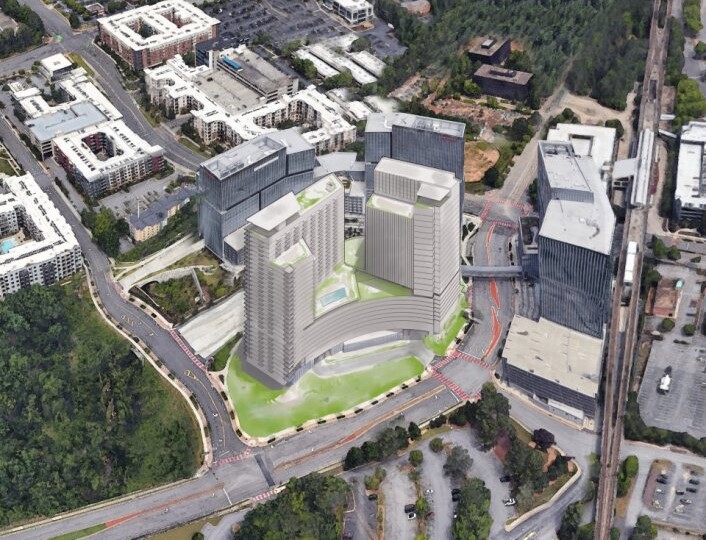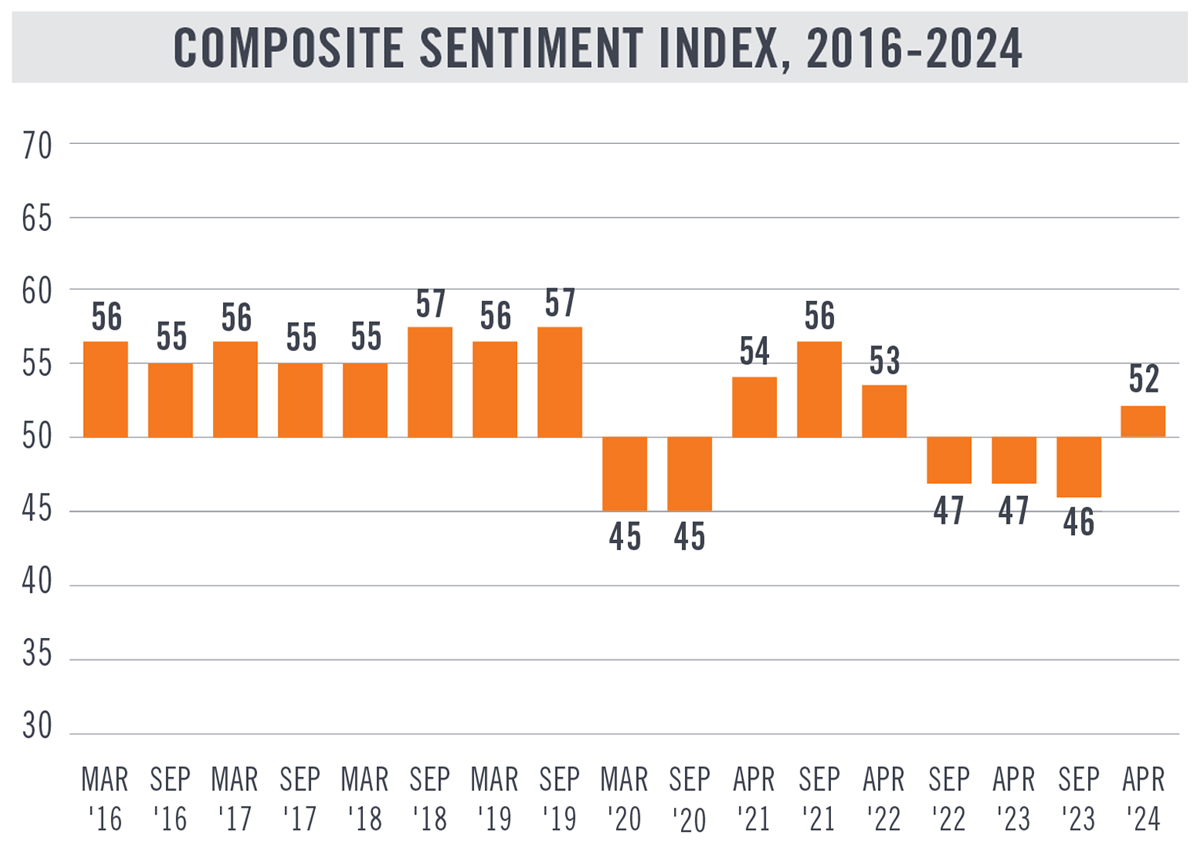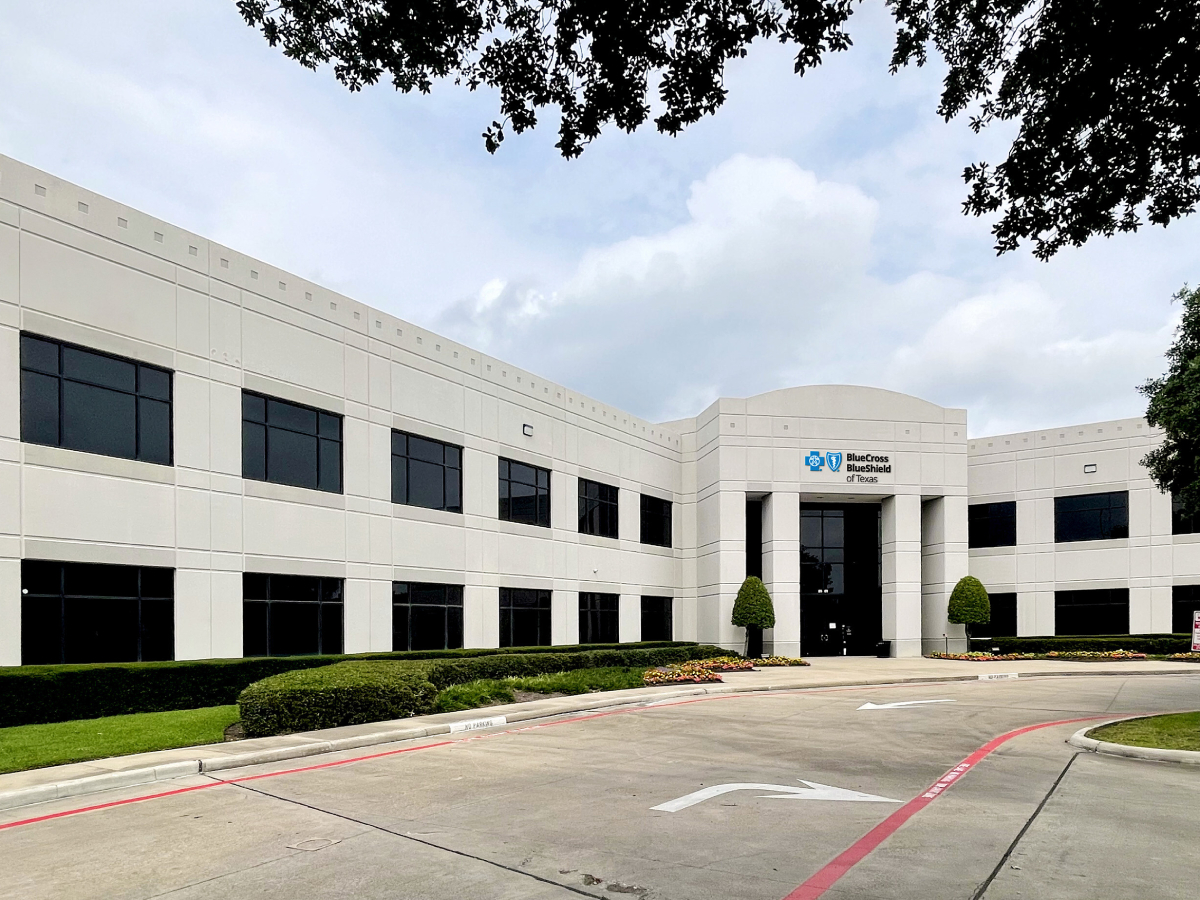Hines Nabs Tenant for an Entire 112,800-SF Building at its New Office Complex in Madrid
U.S. office property owners with international portfolios have been assaulted by high vacancy rates at home and abroad, so Houston-based Hines' latest news out of its Madrid office is no small matter.
February 22, 2010
By Barbra Murray, Contributing Editor

U.S. office property owners with international portfolios have been assaulted by high vacancy rates at home and abroad, so Houston-based Hines’ latest news out of its Madrid office is no small matter. The international real estate firm has completed a long-term lease agreement with DIA Group for the supermarket chain to occupy an entire 112,800-square-foot building at Hines’ newly opened 351,900-square-foot Tripark Las Rozas office complex.
Located at the intersection of the A-6 motorway and the M-50 ring road in northwest Madrid, Tripark is a Class A office compound consisting of three four-story pre-certified LEED Silver structures within the Las Rozas Business Park. Designed by celebrated Spanish architect Allende Arquitectos, Tripark, which was funded through the Hines European Development Fund, also features two levels of underground parking to accommodate nearly 1,000 vehicles. DIA will make one of the buildings its new headquarters, bringing employees from its two offices in Madrid’s central business district under one roof.
For Hines, the deal with DIA marks the first tenant commitment to the brand new complex and takes its occupancy level from zero to 30 percent in one fell swoop. And as is the case in the U.S., landing a tenant for a space over 100,000 square feet is easier said than done, even with the concessions many landlords are willing to offer in the midst of the rather grim real estate market.
In Madrid, the fourth quarter office vacancy rate was 10.2 percent, a marked increase from the fourth quarter 2008 rate of 8.5 percent, as per a report by real estate services firm CB Richard Ellis. “The Madrid market continues to be affected by economic weakness,” the report notes. “A high proportion of transactions in the CBD stem from tenant renegotiations on existing space, and new acquisitions are rare.”







You must be logged in to post a comment.